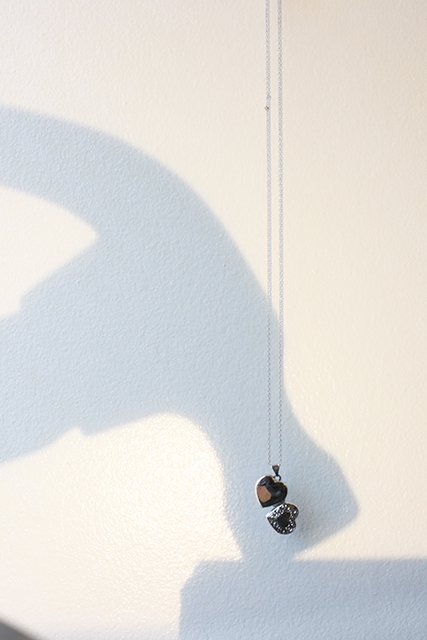A feeling of sadness and distress overcame me as I re-watched scenes from “Eternal Sunshine of the Spotless Mind,” a 2004 romantic science-fiction comedy drama about a man who uses a procedure to erase the memories of an ex-girlfriend. I subsequently asked myself if having a “spotless mind” or engaging in the process of forgetting about a painful event or even memories of another person would help alleviate the emotional symptoms of a broken heart. A broken heart is not necessarily a result of ending of a romantic relationship. A broken heart can also be a result of being more aware of the existence of pain and a request for a person to have the courage to connect with and better the lives of others.
Understanding pain
Contrary to mainstream culture, a person can feel brokenhearted for people suffering from great pain and misery — whether they are friends, family members or people who we have never met. People can feel broken hearted over a breakup, but people can also feel brokenhearted about Syrian refugees escaping civil war or about individuals one has never met. This ability to sympathize and empathize — to understand or, at least, attempt to understand — with others is what makes us human. Milan Kundera, a French writer born in Czechoslovakia, wrote in a book called “The Book of Laughter and Forgetting” on how “the struggle of man against power is the struggle of memory against forgetting.” Like the protagonist of the aforementioned movie, trying to delete memories or forget a painful memory is one of the most tragic things a person can impose on himself or herself. Through pain and suffering, students can understand the value of life and can empathize with others who might also be dealing with a similar problem.
Understanding pain and suffering is an important step in becoming a mature Christian. As Christians, we must have a broken heart for people oppressed or struck with tragedy. Students should not actively try to ignore or forget about the pain and suffering people endure throughout the world.
Prayer for the oppressed
Abby Arnold, a senior philosophy major, organizes students to pray about people dealing with oppression and pain. After the Syrian government used chemical weapons against the people of Idlib, Arnold and several students held a prayer vigil under The Bells on campus. The courage to rally others to pray about oppressed people is an act of love and a willingness to break one’s heart over the seemingly insurmountable tragedies of this broken world.
Students should constantly have an open heart for the vulnerable and the weak. Our hearts should be broken every day about the tragedies that occur in this world. We should try to learn about the pain and tragedies Syrian refugees experience as they escape their homes in search of peace. Students should also care about each other and the members of our communities — the people considered our neighbors in the Christian context.
As Christians, we should not relegate the beautiful lives we have — a gift from God — to a simple and prolonged pursuit of happiness. Our lives lose meaning when we forget about our neighbors — some who have endured the most excruciating pain of human existence. The Russian novelist, Fyodor Dostoevsky, once said, “Hell is the inability to love.” As Christians, students should attempt to feel and understand their own pain while also having a broken heart for our neighbors — the oppressed people of this world.







